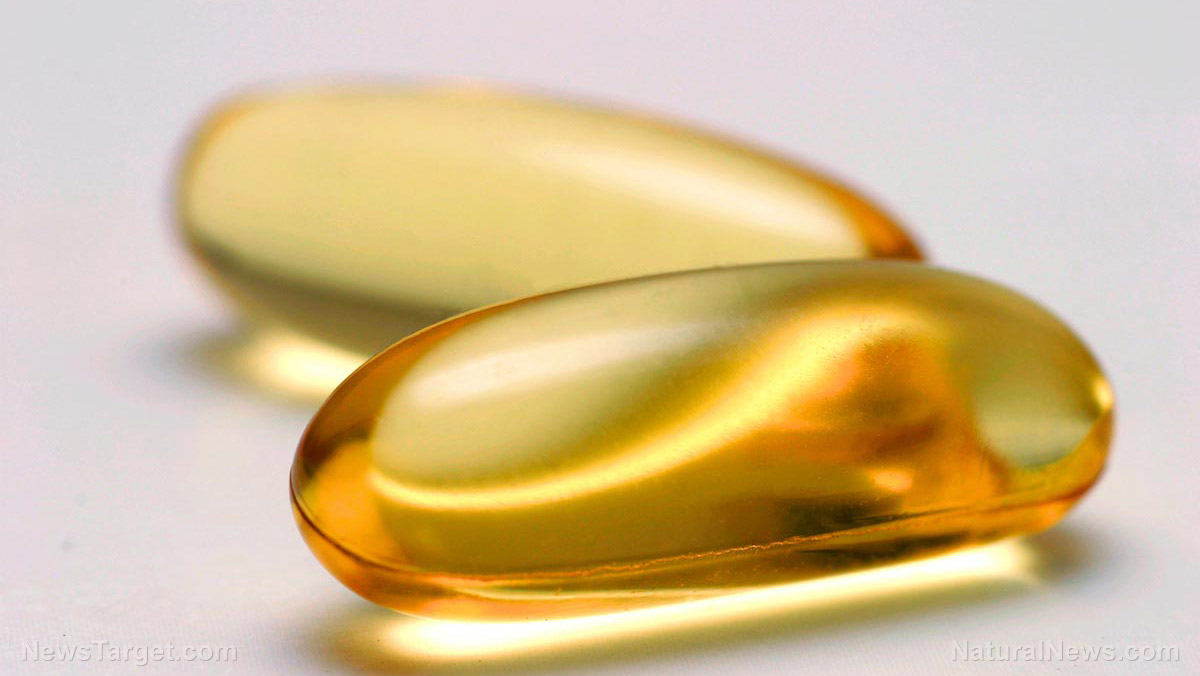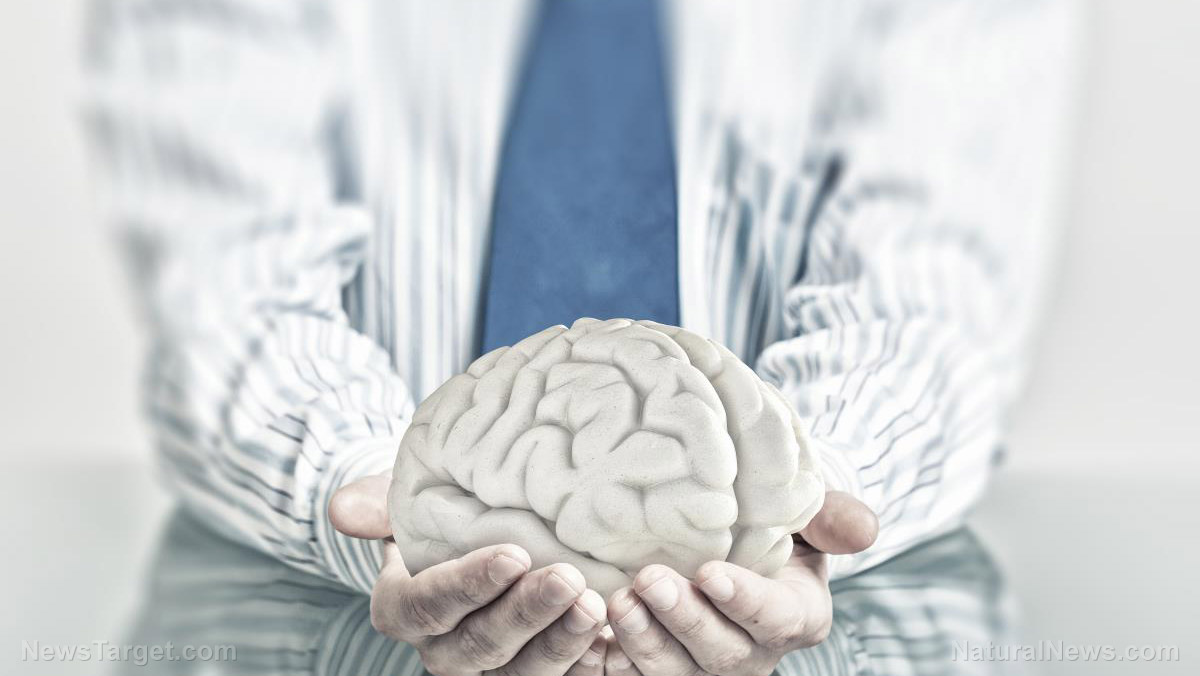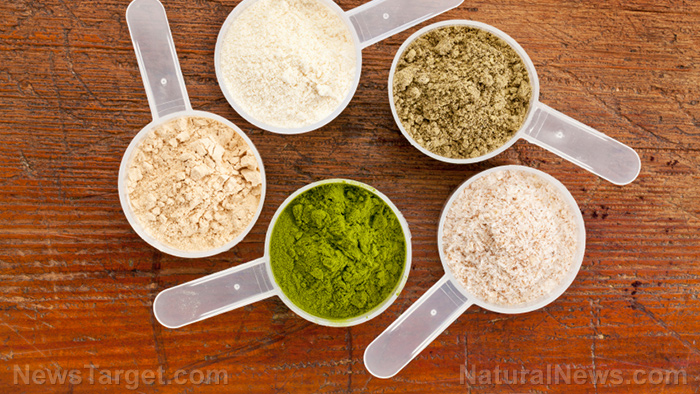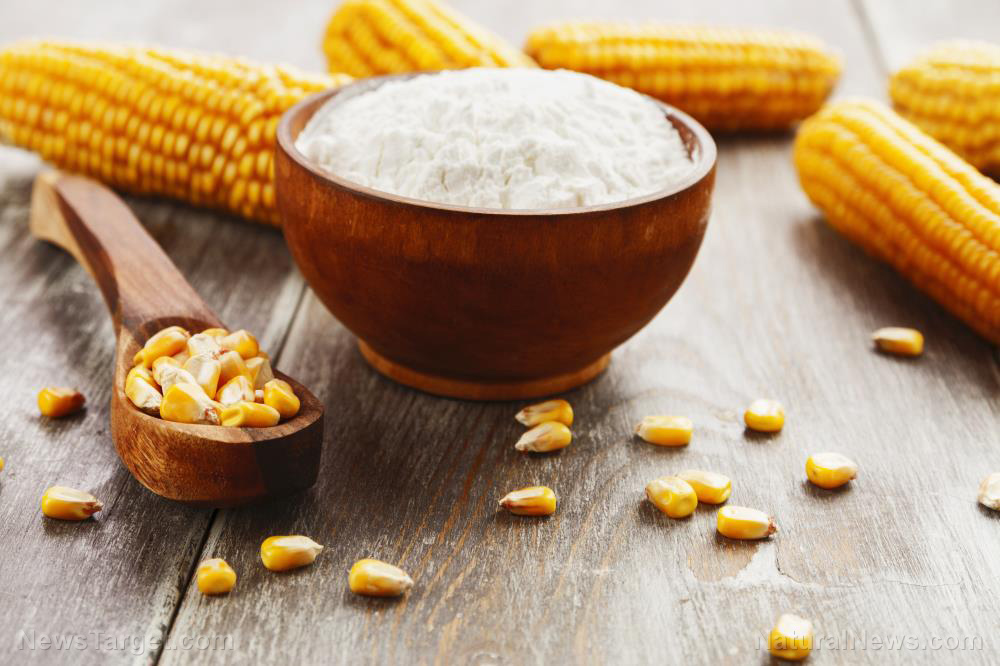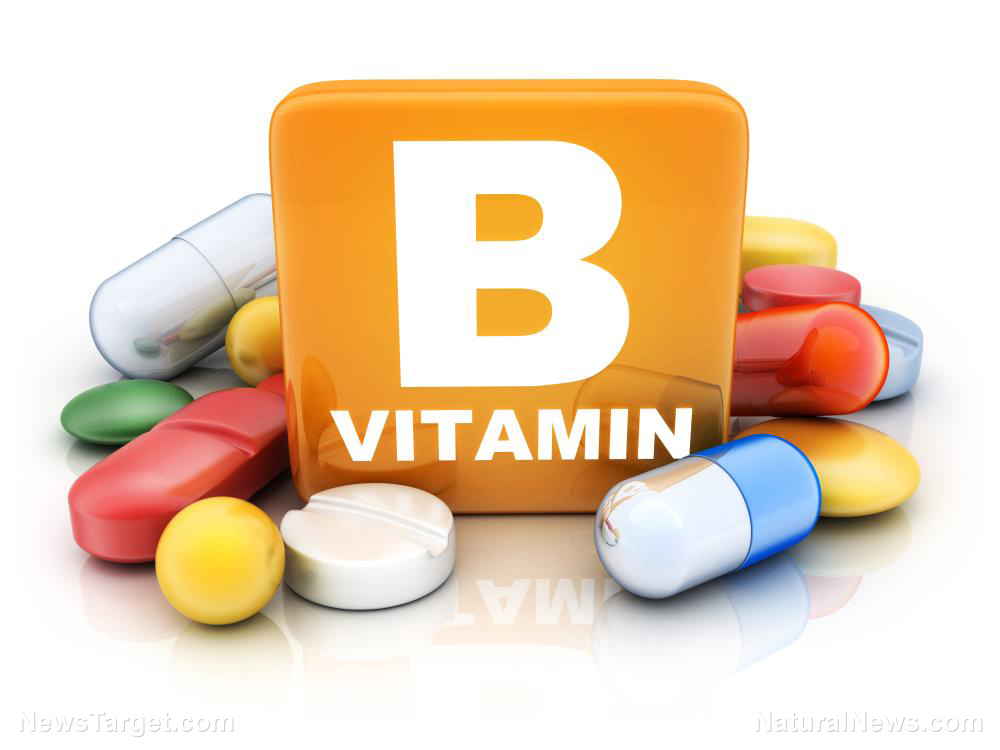Bipolar disorder may be a side-effect of a nutritional deficiency – correcting your diet can help beat it
08/03/2018 / By Vicki Batts

Bipolar disorder, also referred to as “manic depression,” is a brain disorder that affects millions of people. For many, bipolar disorder can be hard to cope with — but research has shown that nutritional supplements can help keep symptoms under control, naturally. Scientists believe that people genetically predisposed to bipolar may be susceptible to a nutrient deficiency, which triggers and worsens the symptoms of bipolar. By supplementing with micronutrients, these symptoms can be addressed.
Good nutrition is necessary for your well-being across the board, including your mental health. Nutritional psychiatry is an emerging field, and even conventional medical professionals are beginning to recognize that your brain needs the right fuel to function at its best.
Bipolar disorder and nutritional supplements
In a study published in 2001, researchers found that a 36-ingredient nutritional supplement was effective at reducing the symptoms of bipolar, including mania, depressed mood and psychosis. The effect was noticed in patients who were taking medication, as well as those who were not. All told, 36 patients were featured in the research. As sources explain, the team believed the supplement worked ” by correcting inborn metabolic errors that result in bipolar-like symptoms in genetically predisposed individuals when certain micronutrients are deficient in the diet.”
In 2010, a case study published in CNS Spectrums featured a patient with bipolar and ADHD who was successfully treated with a micronutrient supplement.
There is much research to support the brain-boosting effects of good nutrition. For example, studies have shown that people who take a probiotic supplement experience improvements in their anxiety, stress levels and overall mental outlook compared to those who do not supplement.
A 2008 paper authored by a team from the Global Neuroscience Initiative Foundation in California notes that there are a number of nutrient deficiencies commonly seen in people with mental illnesses: omega-3 fatty acids, B vitamins, minerals, and amino acids that are antecedent to neurotransmitters.
In the case of bipolar disorder, there are a few nutrients that have shown promise in managing the symptoms of bipolar. Vitamin C, for example, can help reduce feelings of mania in bipolar patients. As the researchers explain, bipolar patients often have elevated levels of vanadium in their blood, which is known to case mania, depression and melancholy. In placebo-controlled studies, vitamin C was effective at controlling the effects of elevated vanadium.
Taurine, an amino acid, is another supplement shown to be helpful in managing bipolar. In fact, taurine is an amino-acid derivative of the same lithium drugs that get prescribed by doctors. “Studies have also shown that the amino acid-derivative, taurine, as an alternative to lithium, blocks the effects of excess acetylcholine that contributes to bipolar disorder,” the researchers write.
Eat well to be well
While more research on what nutrients are best for people with bipolar disorder still needs to be done, the science on nutrition for mental illness is very promising. Meeting your body’s nutritional needs is a great way to boost your health across the board, so it seems like only common sense that good nutrition can be beneficial to your mental health, too.
Experts also say that a poor diet may be responsible for mental health issues to begin with. Professor Julia Rucklidge of the University of Canterbury, New Zealand says that our modern diets are likely playing a major role in the rising rates of mental illness.
The theory of nutrition for healing isn’t just true for bipolar disorder; research has shown that nutrition can be an excellent tool for fighting depression, too. May Simpkin, a top nutritionist from the United Kingdom, believes that people who eat a lot of processed, high-sugar foods are more prone to experiencing depression. She suggests that a diet with adequate protein, B vitamins, health fats and is high in fiber is key to keeping depression at bay. Fermented foods and complex carbohydrates are also recommended.
Learn more about the food-mood connection at Mental.news.
Sources for this article include:
Tagged Under: alternative medicine, bipolar disorder, brain function, brain health, mental health, mind body science, minerals, nutrients, nutrition, nutritional deficiency, prevention, supplements, vitamins





